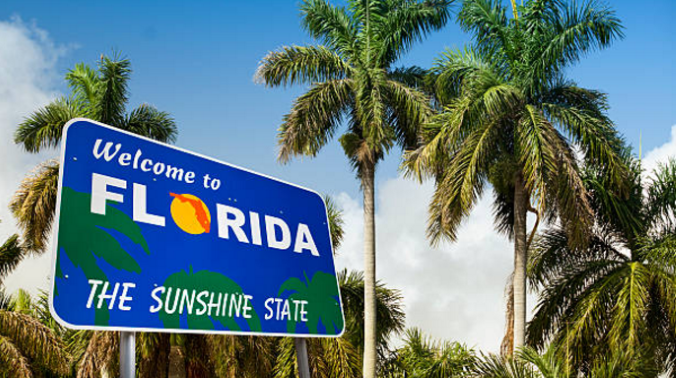Last November, Florida voters overwhelming voted to legalize access to medical marijuana with 71% of voters approving Amendment 2. On Friday, the will of the voters was finally cemented when Governor Rick Scott signed SB 8A into law.
For the last several months, lawmakers have struggled to come to an agreement on the fine points of the legislation, specifically how many medical marijuana treatment centers (MMTCs) should be permitted to open. Negotiations crumbled in the regular session, with some lawmakers wanting to allow 100 or more retail dispensaries per license holder, and others wanting a much more limited program. With a July 3rd deadline to create the rules and regulations that will govern the state’s medical marijuana program fast approaching, lawmakers went back to work this week in earnest to iron out the details.
What the Bill Entails
Florida currently has seven medical marijuana manufacturers, and with the passing of this compromise legislation, another ten will be allowed to open. The bill allows up to 25 retail establishments for each license holder, providing better patient access. In addition, the law also accounts for growth in the industry, allowing a new MMCT license for each 100,000 additional patients that qualify for medical cannabis.
Under the new law, patients suffering from cancer, epilepsy, glaucoma, HIV/AIDS, seizures, Crohn’s disease, chronic muscle spasms, PTSD, ALS, Parkinson’s disease, or multiple sclerosis can buy and use medical cannabis to treat their ailments.
The law also allows certified marijuana doctors to prescribe medical marijuana for any medical condition they believe will provide a patient with benefits that outweigh the side effects of marijuana. Doctors will be required to attend specialized cannabis training and consult a state-managed database of qualifying patients before they can prescribe marijuana.
SB 8A allows multiple consumption methods including edibles, vaping, oils, and capsules of medical cannabis, but it prohibits smoking the dried plant material, sparking outrage in some circles.
Orlando attorney John Morgan, who funded the effort to get Amendment 2 on the ballot, immediately announced his intent to sue the State of Florida over the smoking ban, telling a local newspaper, “They’re making it a health issue like someone in chemotherapy is taking a few tokes. It’s a bunch of people who don’t understand what they don’t understand. When you’re dying the last thing you care about is the smoke from marijuana.”
Morgan claims the actual intent of the law was to prohibit smoking marijuana in public locations, but still allow the patient to smoke in the privacy of their home. However, even Morgan understands that the new bill is a step in the right direction, stating, “It’s not perfect. I’m going to sue for the smoking but I know there are sick people who will see relief starting in July.’’

